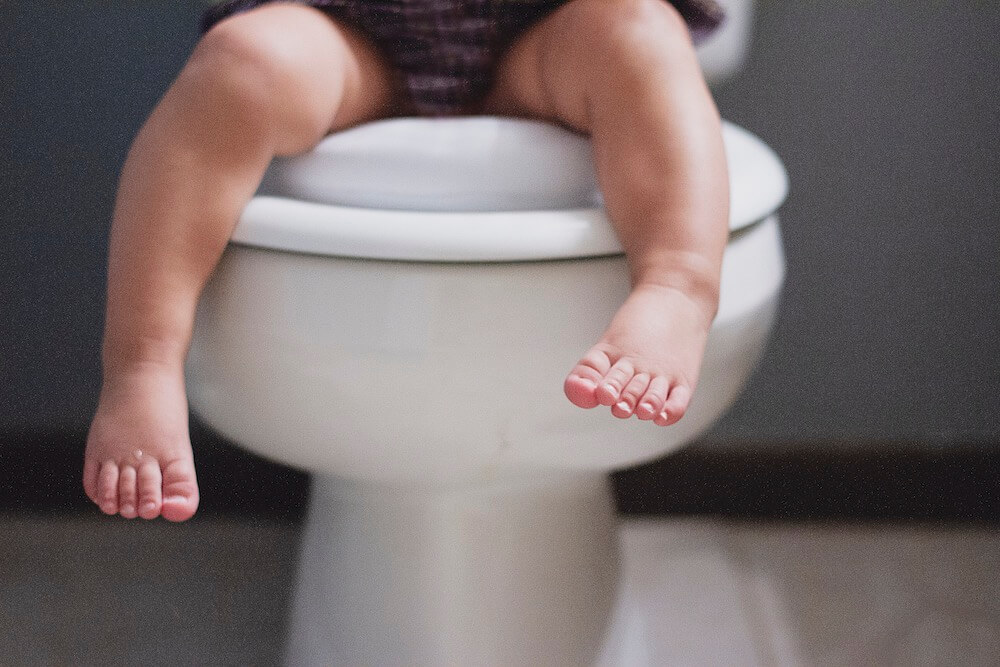When it comes to children’s health, it is essential to watch for any signs of discomfort or illness. Parasites, or worms, in kids are a common problem that can affect the health and well-being of the little ones.
In this article, we will discuss the symptoms of worms in kids, remedy options, and preventative care measures. Remember that if you notice any symptoms or concerns, it is important to consult a health professional.
Signs and Symptoms of Worms in Kids
Pinworms are parasitic organisms that can affect children of any age. The symptoms of childhood pinworms can vary, but it is crucial to recognize them in order to take the appropriate measures. Some of the most common symptoms of worms in kids include:
- Frequent anal itching.
- Sleep disorders, such as insomnia or sleepwalking.
- Loss of appetite and weight.
- Recurring abdominal pain.
- Persistent diarrhea or constipation.
- Presence of worms in the feces or the anus.
If you notice any of these symptoms in your child, it’s important to see a doctor for an accurate diagnosis and proper treatment plan.
Remedies for Worms in Kids
There are various remedies available for the treatment of worms in children. However, it is crucial to emphasize that only a doctor can prescribe the correct treatment based on the specific type of infestation and the age of the child. Some of the common remedies include:
- Over-the-counter dewormers: These medicines can help kill worms in the digestive system. However, it is important to follow the dosage instructions correctly and to consult a doctor before giving it to children.
- Prescription medications: In some cases, your doctor may prescribe stronger deworming medications to kill the worms. Again, it is essential to carefully follow the doctor’s instructions.
It is important to remember that self-medication is not recommended, especially in children. Consulting a doctor is essential for effective and safe treatment.
Precautions to Prevent Worm Infestation
Preventing a worm infestation is just as important as treating the condition. Here are some steps you can take to protect your child:
- Proper Hygiene: Encourage your child to wash their hands regularly, especially before meals and after using the bathroom. This helps prevent accidental ingestion of worm eggs.
- Personal Hygiene: Make sure your child’s fingernails are kept short and clean. This helps reduce the chance of infection, since worm eggs can accumulate under the nails.
- Home hygiene: Keep the house clean and free of dust, especially in areas where children play. Wash bedding, underwear, and toys regularly.
- Avoid contact with feces: Educate your child about the risks of contact with animal or human poop. This includes avoiding playing in contaminated litter boxes or areas where animals deposit their feces.
- Wash fruits and vegetables: Be sure to wash fruits and vegetables well before offering them to children. This helps to remove any worm eggs present on the surface.
Worms in kids are a common but treatable concern. Be aware of the symptoms of childhood pinworms, see a doctor for a proper diagnosis and follow the prescribed treatment instructions. Also, adopt preventive hygiene measures and maintain a clean environment at home. Remember, your child’s health is a priority, and with the right care, you can help your child have a healthy, worm-free childhood.
Now that you know more about worms in kids, take the opportunity to download the Kinedu app and learn more about the health and development of your child in expert-led classes!








